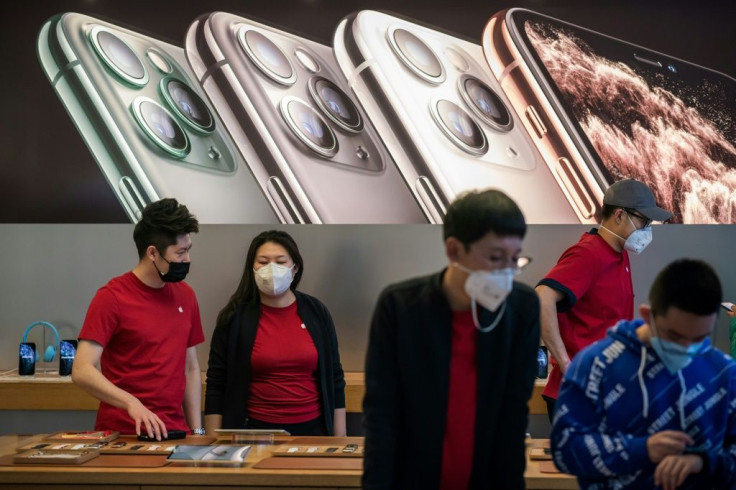Apple Met Several Challenges Extending Manufacturing In India

KEY POINTS
- Apple is currently experiencing supply chain issues because of the COVID-19 outbreak in China
- Recently, it announced that it is opening its first retail store and online store in India
- A new report reveals several issues Apple faced when it considered expanding its manufacturing in India
At a recent investor meeting, Apple announced that it is finally opening its first retail store in India. Apple CEO Tim Cook also revealed that an online store for Indian consumers would follow suit. A recent report reveals that expanding manufacturing in India is not an easy venture for the Cupertino company as it faced a lot of issues.
The recent COVID-19 outbreak that started in China, along with US-China trade issues, pushed a lot of companies with interests in China, including Apple, to diversify their manufacturing options. The second-best option for China is India. However, Wayne Ma of The Information shares in an article the disappointing trip of several Apple employees to India, on their quest to extend manufacturing to the country, a few years ago.
The report claims that the Cupertino company wanted to invest big in India but discovered that the country’s smartphone infrastructure only supports a handful of components. “Many Indian suppliers weren’t able to meet Apple’s environmental, health and safe standards,” the article claims. “There were other challenges, including suppliers who missed trial deadlines and outside investors not interested in making the big investment in India,” the report points out.
Apart from this, the report states that “The government also puts a 20 percent tax on imported parts to make smartphones. “Other companies tried manufacturing in India only to leave because of the stiff challenges,” Ma writes. “This situation is a legacy of protectionist trade policies and bureaucratic interference.”
According to the report, “Many smartphone component factories in India, for example, are still operated by Asian or European companies that have long-standing relationships with well-known consumer brands and years—if not decades—of manufacturing experience.” A report fro the Wall Street Journal also points out that the Cupertino company has made several attempts to develop products outside China, but these trial runs yielded a "number of difficulties."
Apple is heavily reliant in China, where it has 135 major suppliers. The company also has some interests in India and has so far started assembly of several iPhone models in seven facilities. While it is true that the COVID-19 outbreak triggered other tech companies to consider their dependence on China and look for other manufacturing facilities in other countries, it also raises the question about the "readiness" of these countries to cater to such a task.
© Copyright IBTimes 2025. All rights reserved.




















